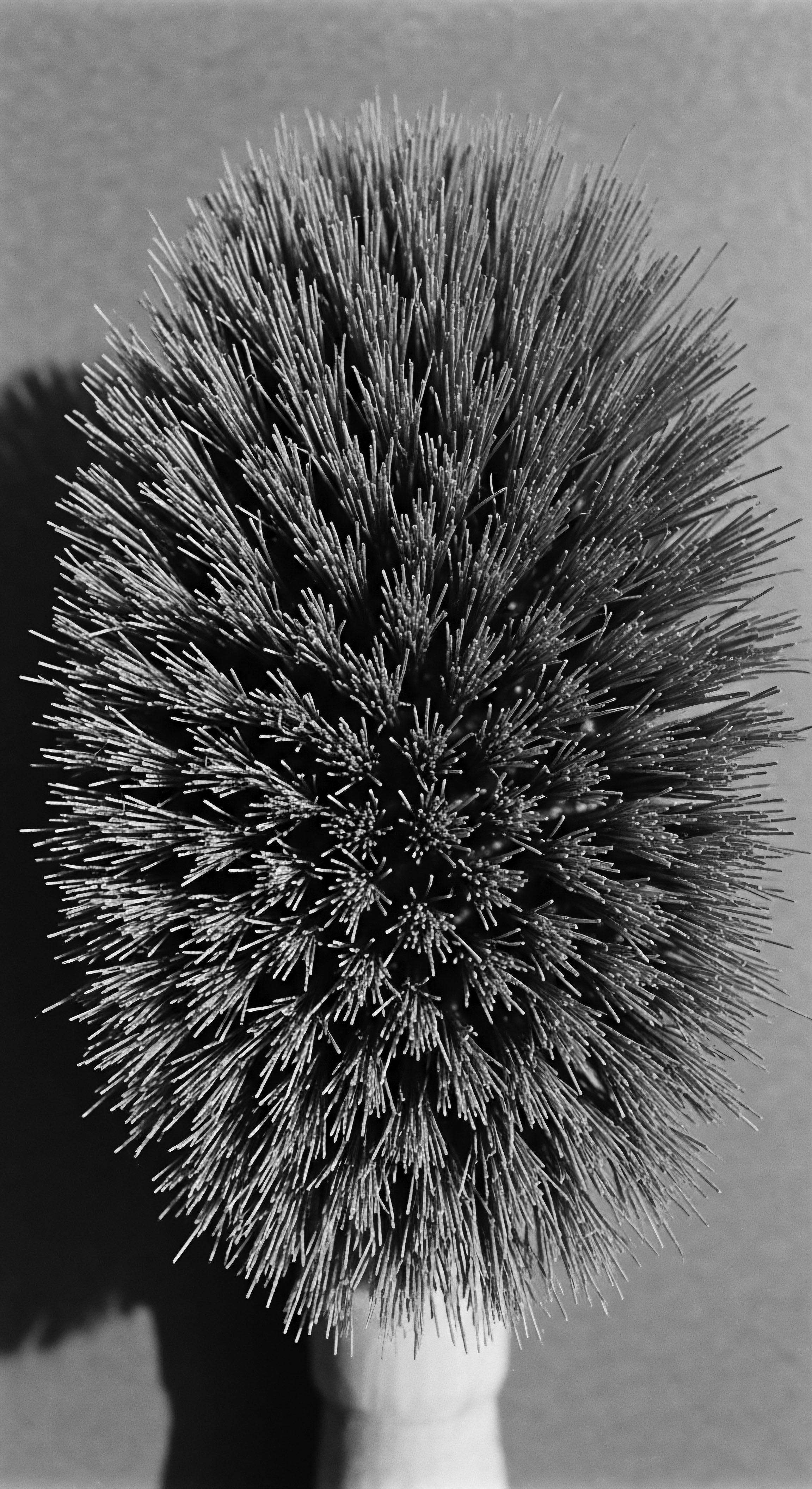
Why Is Textured Hair More Prone to Dryness Overnight?
Textured hair's coiled structure and inherent porosity lead to faster moisture loss, a challenge historically addressed through protective styles and coverings rooted in ancestral practices.

How Did Ancestral Head Coverings Shield Textured Hair?
Ancestral head coverings provided vital physical protection for textured hair, shielding it from environmental harm while embodying deep cultural heritage.

Do Traditional Nighttime Rituals Still Protect Textured Hair Today?
Traditional nighttime rituals remain fundamental for textured hair, their protective principles validated across centuries and scientific advancements.

What Is Shea Butter’s Role in Protecting Textured Hair Traditions?
Shea butter protects textured hair traditions by serving as a profound historical link to ancestral care and resilience.

What Ancestral Wisdom Guides Current Textured Hair Nighttime Care?
Ancestral wisdom guides textured hair nighttime care through practices of protection, moisture sealing, and gentle styling, rooted in cultural heritage.

How Do Traditional Oils Protect Textured Hair during Sleep?
Traditional oils create a protective barrier, reducing friction and sealing moisture, honoring centuries of textured hair heritage.

What Traditional Coverings Inspired Modern Bonnets for Textured Hair Heritage?
Modern bonnets draw inspiration from age-old head coverings used to protect and preserve textured hair across diverse cultures and ancestral traditions.

What Enduring Heritage Links Black Hair Care across Centuries?
Black hair care heritage links centuries through ancestral wisdom, communal rituals, and the resilient evolution of textured hair as a symbol of identity and resistance.

